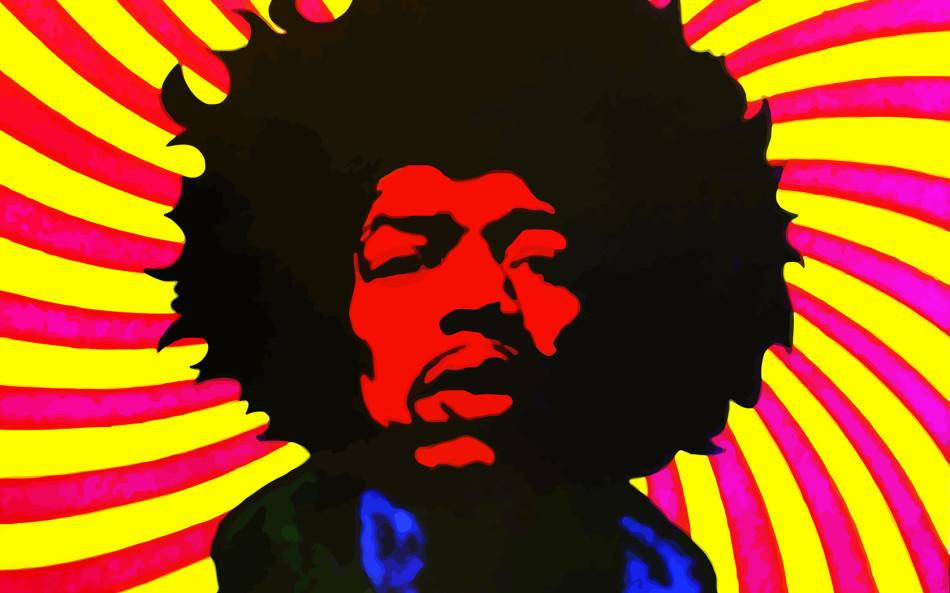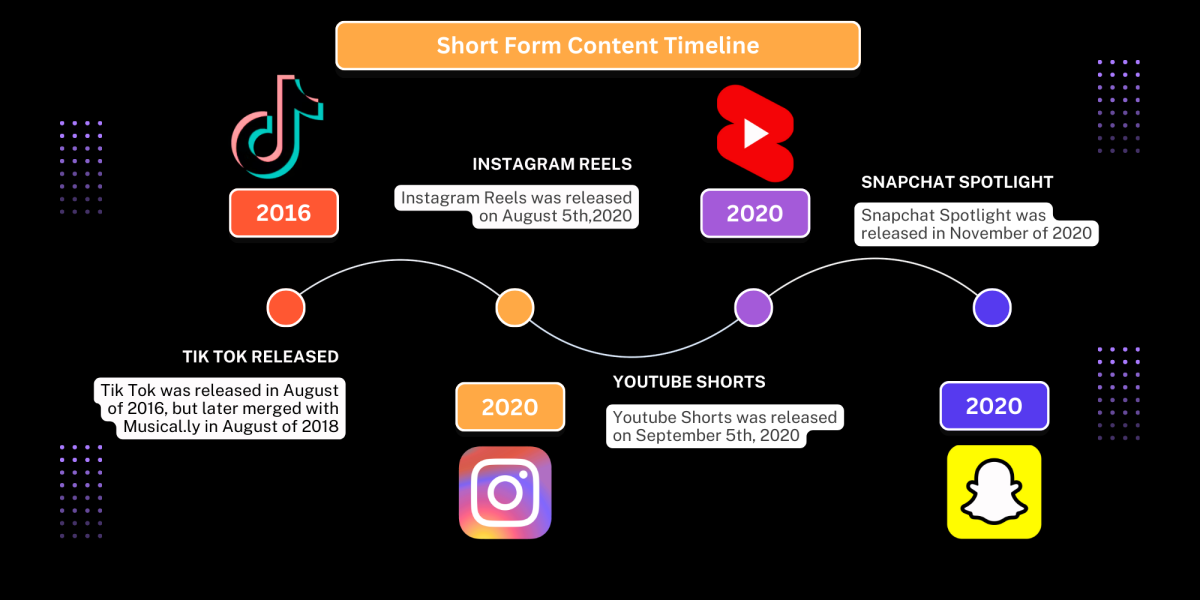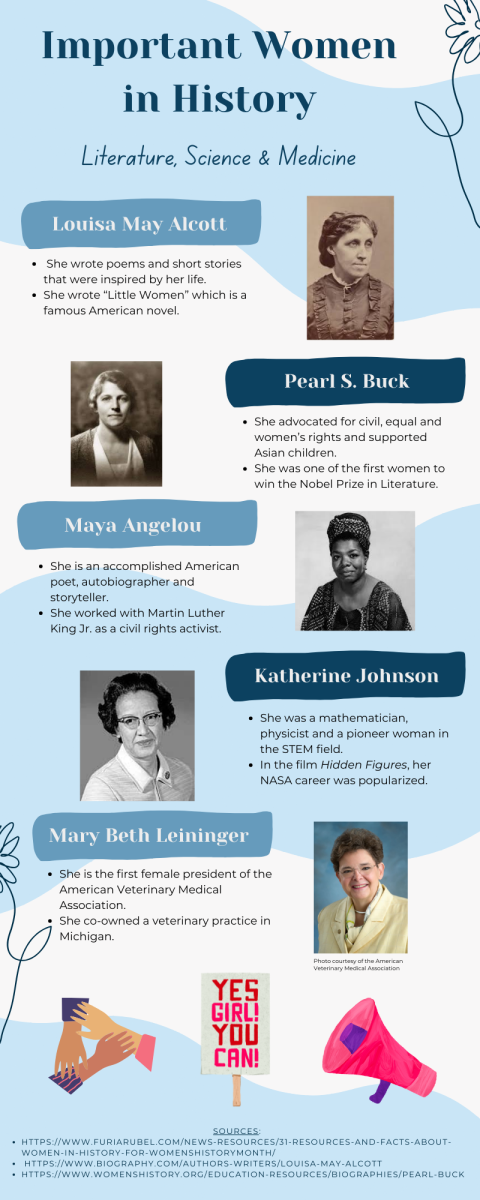The theory that music and society share an inviolable relationship is one that has long been recognized. The only way to achieve some level of popularity as a musician is to establish a common experience to which an entire audience can relate. Again and again through history, scholars point to a culture’s music as one of the best ways to evaluate the social and political atmosphere of the times. I have compiled a list of some of the most influential events in music history, and have attempted to relate many with their social circumstances and ramifications. As students of the modern era, it is useful to consider our social scenario through the lens of media, and in evaluating the past based on something we can all understand, we are better able to interpret history and to apply it to our present lives.
1922- Race Records is introduced in America
Finally confident in the sales potential of African-American artists, Race Records was the first recording company to open its doors to black musicians; the popularization of jazz and blues, often praised as the foundation of American music, was able to take form.
1927- Duke Ellington opens at The Cotton Club
As a composer, pianist, and jazz orchestra leader, “The Duke” is accredited with establishing the jazz genre and the groundwork of rock and roll. He challenged racial margins as one of the first African-American artists to attain massive success amongst the white community.
1936- Robert Johnson scores his first recording session
Robert Johnson’s blues guitar and songwriting further inspired the style and rhythm of modern rock. Artists such as Eric Clapton, Bob Dylan, and The Rolling Stones attribute much of their work and success to his original compositions. Again, a black man is set at the forefront of American music.
1942- Frank Sinatra: “Chairman of the Board”
His cool, romantic vocals served as an escape for millions of Americans during the Second World War. With tags like “The Voice” and “Chairman of the Board,” Frank Sinatra was unrivaled, unmatched; America’s first pop superstar.
1953- Elvis Presley meets Sun Record Studios
The best-selling solo artist in the history of recorded music, Elvis not only defined rock and roll, he fashioned its culture. Controversial for his non-white stardom and provocative dance moves, Elvis’s rebellious reputation attracted American youth and horrified traditional society. In 1957, CBS censors demanded Elvis only be shot from the waist up. Later musicians sought to emulate his free-spirited, radical air.
1964- The Beatles appear on The Ed Sullivan Show
The Beatles are, to many, the complete personification of 6os counterculture ideals. As a part of The British Invasion, The Beatles held worldwide fame and marked the beginning of a new era in music. Their message of peace, love, and social justice moved millions to “change the world.”
1969- Jimi Hendrix rewrites the national anthem
During his performance at Woodstock, Hendrix’s radical adaptation of “The Star Spangled Banner” is perceived both as a musical revelation and profound social commentary. His warped interpretation of the nation’s theme song has been said to signify intense social turmoil and distorted American ideals. Admired for his skillful experimentation and unprecedented detail, Hendrix has been called “arguably the greatest instrumentalist in the history of rock music” by the Rock and Roll Hall of Fame
1973- Pink Floyd grounds psychedelic rock
Dark Side of The Moon, frequently ranked one of the greatest albums of all time, was among the first, and most lauded, to mix synthetic sound with classic rock instrumentation. Famous for its theme of disillusionment in the modern world, Pink Floyd sustained the 60s counterculture with its sonic experimentalism and trippy vibe.
1977- “God Save the Queen” takes Punk to the top
Controversy followed when the British punk rockers The Sex Pistols likened the Queen of England to a “fascist regime.” With the national anthem as the song’s title, “God Save the Queen” and the artists were banned by numerous radio stations for condemning the monarchy. Pro-democracy idealists provided their support and revamped a worldwide music movement steeped in political protest.
1979- Elton John performs in the USSR
The first western rock star ever to perform on the other side of the Iron Curtain, Elton John brought American music to a society forbidden from the non-Communist world. The performance provided the first cultural communion between two polarized nations in the midst of the Cold War.
1980- Led Zeppelin gives their final show
A combination of wild hair and a wild personality gave the rock and roll artists a reputation for heat. Unprecedented in their improvisation, mysticism, and fiery live performances, Zeppelin has been called “unquestionably one of the most enduring bands in rock history” by Rolling Stone. Accusedly invoking the devil as their creative muse, the group offered listeners a dark and heavy reality and is permanently criticized for their “anti-religious” ideals.
1981- MTV is born
The entire definition of music is revolutionized. People no longer expect just to listen; they want to be entertained.
1982- Michael Jackson’s Thriller epitomizes Pop
With the momentum of MTV and the rise of the music video, the child star grew to the peak of fame when in 1982, he blended funk, R&B, and pop with dance. Thriller became, and continues to remain, officially the best-selling album of all time. Michael Jackson set the bar for success in the music industry, is globally recognized for his humanitarian interests, advanced the achievement of colored artists, and has since been hailed “The King of Pop.”
1988- NWA releases “**** tha Police”
Seeking to expose the widespread tension between city police officers and African-American youth, the gangsta rap group glorified what they considered to be a battle against racism and corruption. Later threatened censorship by the FBI and cited as an influence of the Los Angeles police riots, the song has been accredited for inspiring countless other anti-authority genres, particularly Rage Against The Machine.
1992- “Smells Like Teen Spirit” fuels angst and solipsism
The popularization of Nirvana and its lead guitarist Kurt Cobain is often hailed as the breakthrough of alternative rock and the genesis of grunge. A symbol of teenage rebellion and non-conformity, Nirvana armed the social outcast, as well as future musicians, with an appreciation for unfiltered expression and art.
2001- George Bush declares Eminem “The greatest threat to American youth since Polio”
“Slim Shady” to some, a tragedy to others, the controversial artist has close to revolutionized rap and rhyme. Also dubbed one of the greatest 100 artists of all time by Rolling Stone, Eminem’s raw, unapologetic lyrics and wanton reputation has provided a sense of empowerment to millions worldwide. Bush’s condemnation only validated Eminem fans in their anti-establishment identity: record sales and fan following continued to rise, and in 2011 he was identified as the first artist to have two year-end number-one selling albums in Nielsen SoundScan history.








